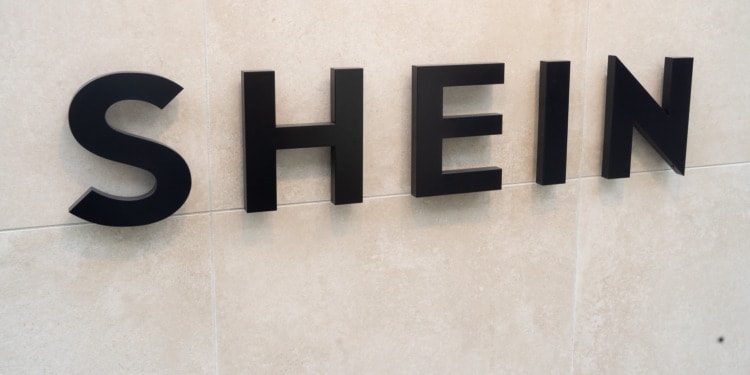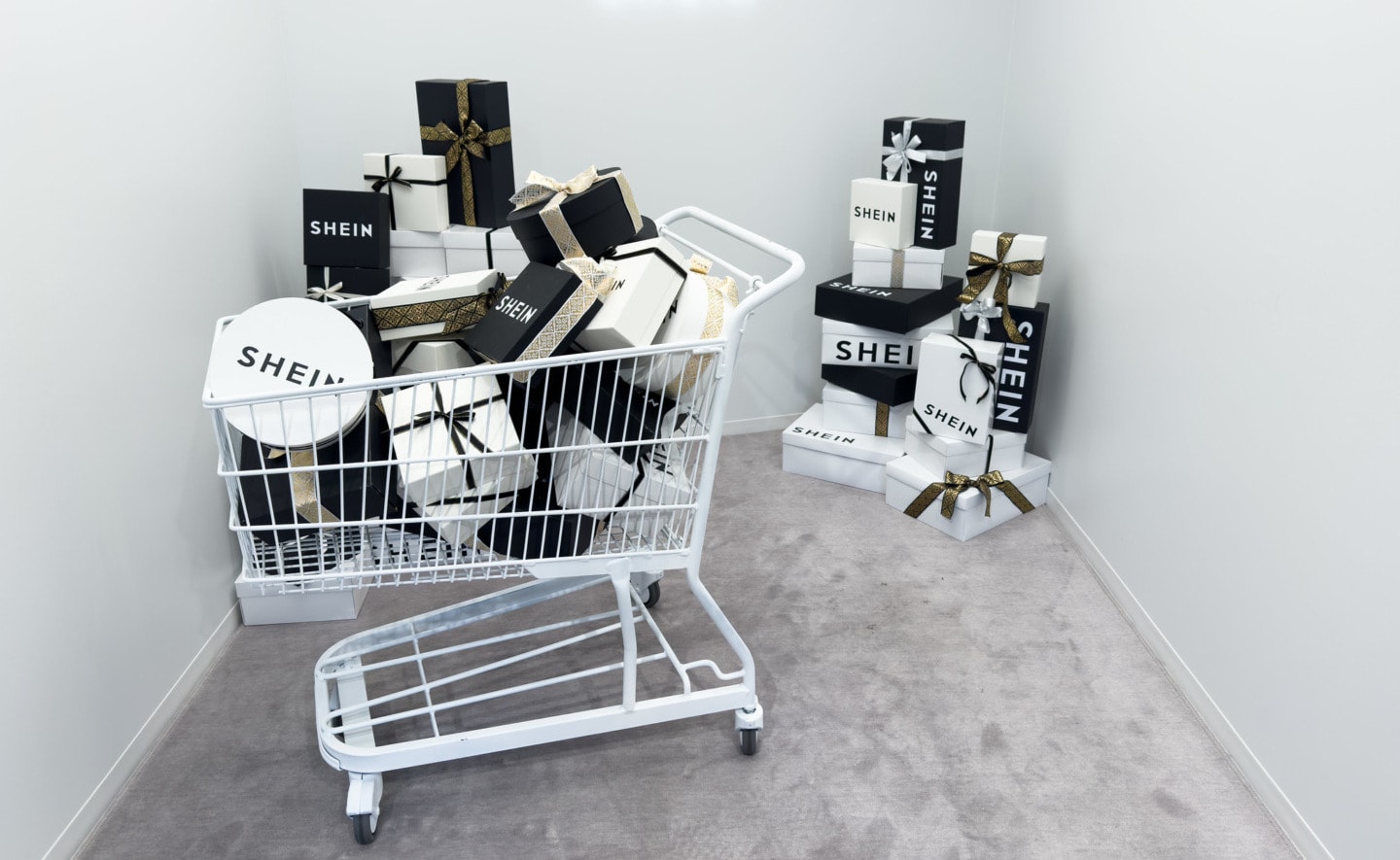Fashiony giant Shein has acquired British retailer Missguided, which had been reportedly struggling for some time under “supply chain costs, rising inflation and ‘softening’ consumer confidence.” The company was looking for a buyer and found it in one of its biggest competitors.
The news comes two months after Shein announced a partnership with another fast fashion UK retailer, Forever 21.
Why Shein Bought Missguided
Shein did buy the Missguided brand, meaning it acquired its trademarks and copyrights. However, it did not take over the British company’s real estate, nor it is planning to hire Missguided’s employees. The Frasers Group, the former owner of Missguided, maintains control over those assets.
It’s likely, then, that the acquisition is an attempt to expand the company’s lineup beyond its Shein-branded products. According to Donald Tang, executive chairman of Shein, the company’s objective is to “reignite the Missguided brand.” Tang adds the company will help Missguided by “fueling its global growth through Shein’s on-demand production model.”
Shein’s recent partnership with Forever 21 brought the Chinese online retailer’s products inside British brick-and-mortar stores. This new acquisition won’t move the company’s products physically closer to UK consumers, but it might make them more appealing by using a familiar brand name.
RELATED ARTICLES: SHEIN in Scandal: Fast Fashion Giant hit with IP Theft and Racketeering Lawsuit | Sustainability Battle of Brands: Shein vs Boohoo | Fast Fashion Giants at War | Is Temu The Right Choice For You and The Planet? |
Fast fashion and environmental impact
Shein and Missguided, as well as Forever 21, have all faced their share of controversy, from environmental concerns to troubling labor practices. By definition, fast fashion requires rapid mass production of many different kinds of clothes, which the store will replace by the end of the season.
On one hand, fast fashion encourages unethical labor practices and poor-quality results. On the other hand, the brands end up destroying those unsold items to make room for new models.
It’s worth remembering that most of the material that makes up our clothes is very hard to recycle. These kinds of wasteful practices are damaging in every industry, but they are especially dangerous in the clothing industry.
It’s impossible to say how the acquisition by Shein will influence how sustainable the Missguided brand will be in the future, or how their relation to labor practices will change. But considering Shein’s track record, it’s hard to imagine it will be for the best.
Editor’s Note: The opinions expressed here by the authors are their own, not those of Impakter.com — In the Featured Photo: Shein Tokyo. Featured Photo Credit: Dick Thomas Johnson.














